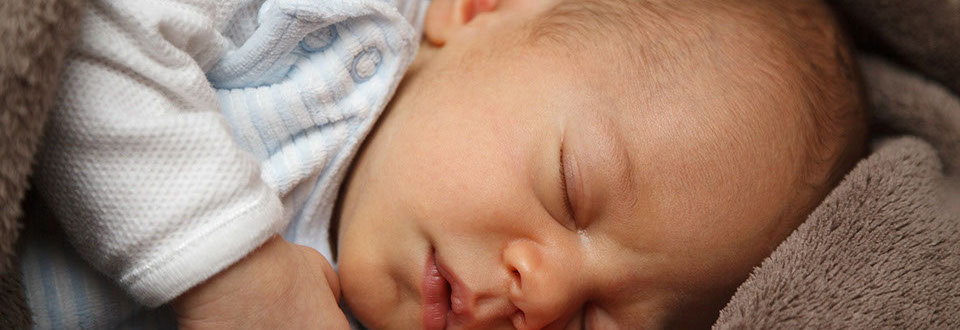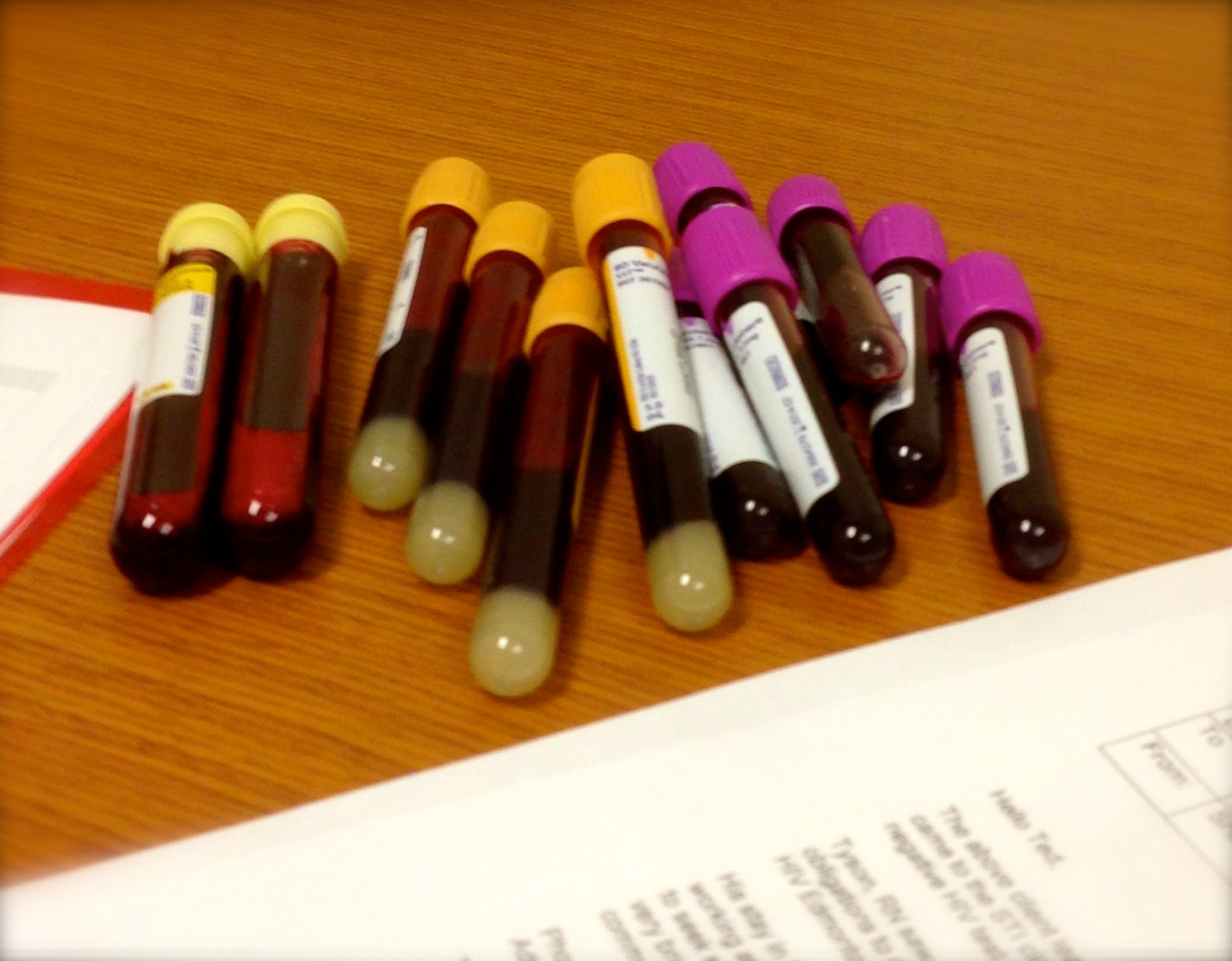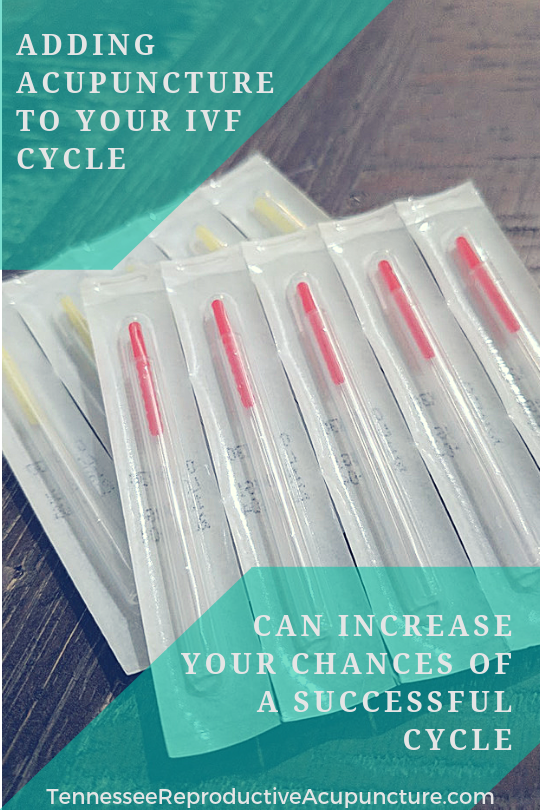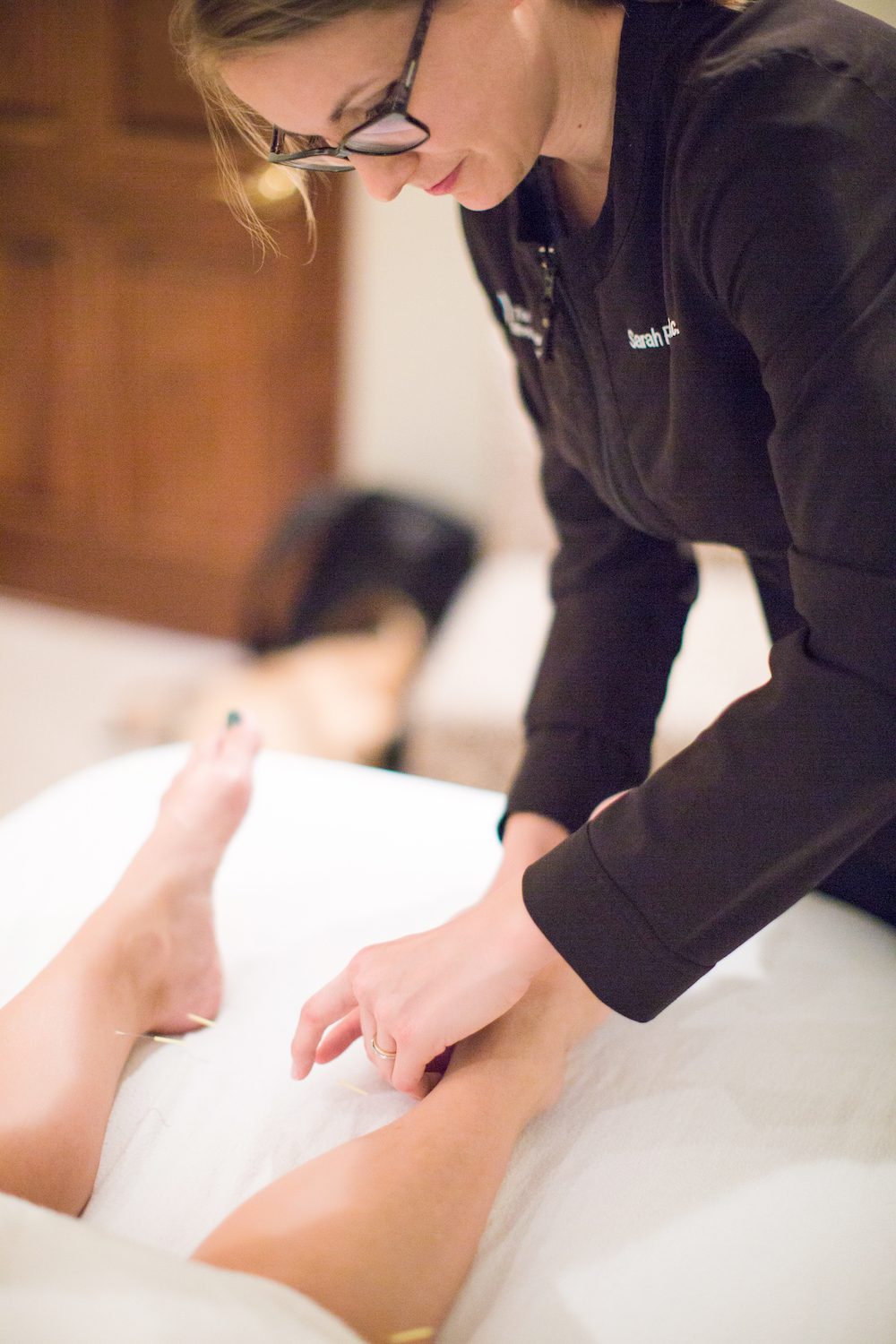
For families navigating the world of assisted reproduction, many will find themselves considering an IUI cycle to get pregnant. IUI, or intrauterine insemination, involves a combination of hormones to stimulate a woman’s ovaries and the insertion of prepared sperm directly into the uterus during ovulation to increase chances of conception.
The rates of success of this treatment vary, but hovers, on average, around 10-20% per cycle for most women. Most couples will do 2-4 IUI cycles before additional treatment or IVF is recommended, though there may be reasons to consider an increase or decrease in the number of cycles attempted based on your specific diagnosis or situation.
If you’re like most facing an IUI cycle, you want to know what you can do to help increase your chances of success. Acupuncture treatment during an IUI cycle can help to optimize your body for conception and increase chances of pregnancy. While most of the fertility-acupuncture research is done on IVF, similar principles will apply. Acupuncture works by improving blood flow to the uterus and ovaries, regulating hormones, and helping reduce stress. All of these things together help to increase your chances of a take-home-baby.
RESEARCH: There are only a few research studies examining IUI and acupuncture specifically. One notable study out of Israel showed that women who did a combination of acupuncture and herbs with their IUI cycle had a pregnancy rate of 65.5% vs 39.4% who did the IUI alone, and live birth rates were 41.1% in the acupuncture group vs 26.9% in the IUI alone group. This is incredible news!
TNCRA PROTOCOL: Our protocols are based off the latest research and timed according to your cycle. You can begin treatment at any point during the cycle, but we like to start treatment 1-3 months prior to the IUI when possible to help improve the quality of the eggs and help bring your body into balance to optimize conditions for conception. We also like to work with men 1-3 months prior to the cycle to help improve sperm quality. We typically do not recommend herbs while you are taking any hormones, as the effects in combination with medications are largely unknown, though they may be used in the months or weeks leading up to the cycle.
We will see you about three times during the IUI cycle itself. Each treatment, and it’s timing, is detailed below. The timing of the treatments is important, so we will stay in close communication with you during your cycle to make any needed changes.
First Treatment: Around cycle day 5-9
-improve blood flow to uterus and ovaries
-reduce stress
-decrease side effects of medications -increase egg quality and quantity
Second Treatment: Within 24-36 hours of the IUI procedure
-decrease uterine contractions
-facilitate ovulation
-support progesterone levels
-reduce stress
-increase the thickness and quality of the uterine lining
-improve blood flow to the uterus
Third Treatment: 5-7 days after the IUI
-decrease uterine contractions
-increase implantation rates
-reduce stress
-support early pregnancy
Once you have a positive pregnancy test, (fingers crossed!) we strongly recommend acupuncture to help support early pregnancy and reduce any symptoms such as fatigue and morning sickness. You can read more about prenatal acupuncture here.
As always, we are available to answer your questions and we will work with you and your cycle to create a plan that works best for you. Please call or email, we look forward to working with you! And good luck!!







